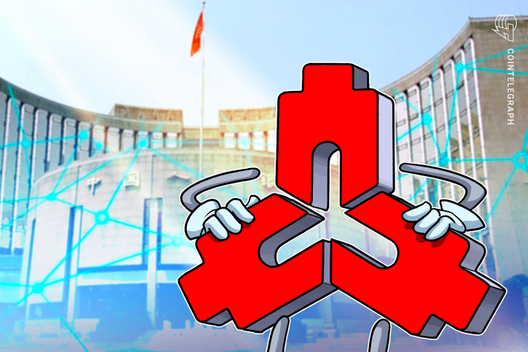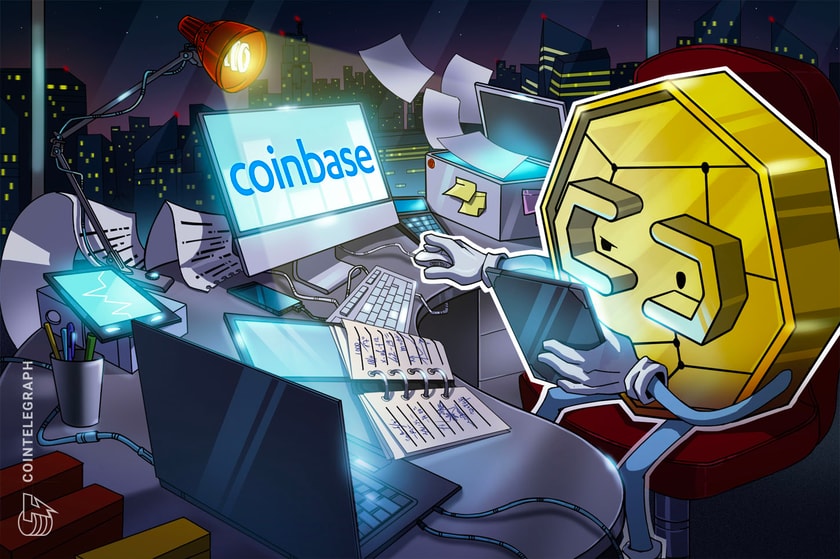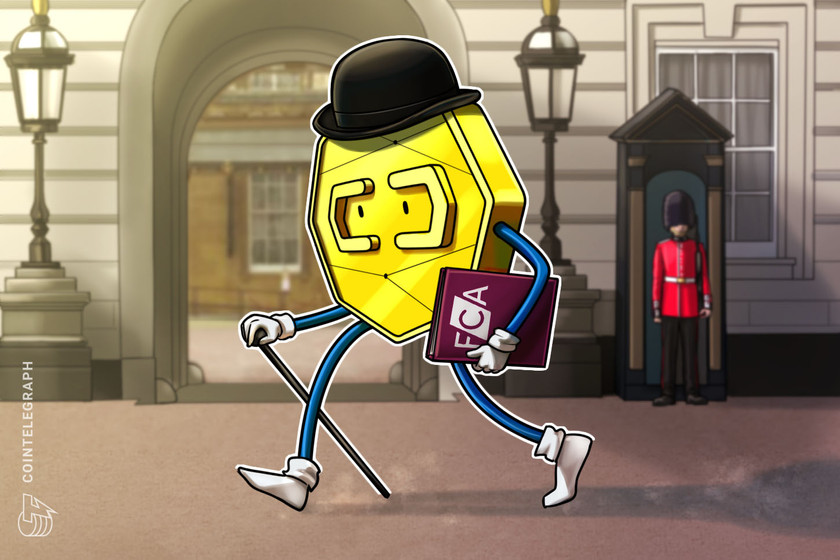Bank of England preparing for greater role of tokenization in finance, official says
BoE deputy governor Sir Jon Cunliffe looked at stablecoin, CBDC and other forms of tokenization taking hold in the modern economy in a speech on financial innovation.
884 Total views
20 Total shares

Own this piece of history
Collect this article as an NFT
Bank of England deputy governor Sir Jon Cunliffe spoke at the Innovative Finance Global Summit in London on April 17 about the development of tokenization. The UK’s central bank is currently exploring tokenization in bank money, non-bank money and central bank money and the ways tokenized assets will interact.
Stablecoins, Cunliffe said, “offer the possibility of greater efficiency and functionality in payments,” but “it is extremely unlikely that any of the current offerings would meet the standards for robustness and uniformity we currently apply both to commercial bank money and to the existing payment systems.” The central bank is planning to collaborate with the Financial Conduct Authority on regulation after the passage of the Financial Services and Markets Bill.
Related: Bank of England has no tech skills to issue CBDC yet: Deputy governor
Tokenized bank deposits are “a much simpler proposition than non-bank stablecoins,” and may allow banks deposits “to compete better with non-bank payment coins.” Regulatory issues, such as deposit insurance and Anti-Money Laundering measures remain, however, as deposit tokens would settle without the involvement of central bank money, unlike current commercial bank settlements.
The @bankofengland’s Jon Cunliffe outlines 4 areas where tokenisation of money is being explored: #stablecoins for payments, tokenisation of commercial bank deposits, issuance of a digital pound, and ensuring these new forms of money are robust & uniformhttps://t.co/DthyJrtVZ1
— Central Bank Payments News (@cbpaymentsnews) April 17, 2023
A UK central bank digital currency “is likely to be needed if current trends in payments and money […] continue.” A digital pound would play an anchoring role in the economy the way cash does now and would provide a wide range of innovators access to a platform. Machinery could be created to ensure that wholesale tokenized transactions could settle in central bank money thanks to a digital pound, again adding to financial stability, Cunliffe said.
Synchronizing tokenized transactions with the British central bank’s real time payment system will also be potentially possible with upgrades that are now underway, Cunliffe said. The United States Federal Reserve has recently announced the creation of FedNow, a new instant payment system.
Magazine: Starbucks joins NFT party, UK government seeks stablecoin regulations and Crypto Twitter rallies behind cancer fighter, Hodler’s Digest: Apr. 3-9









